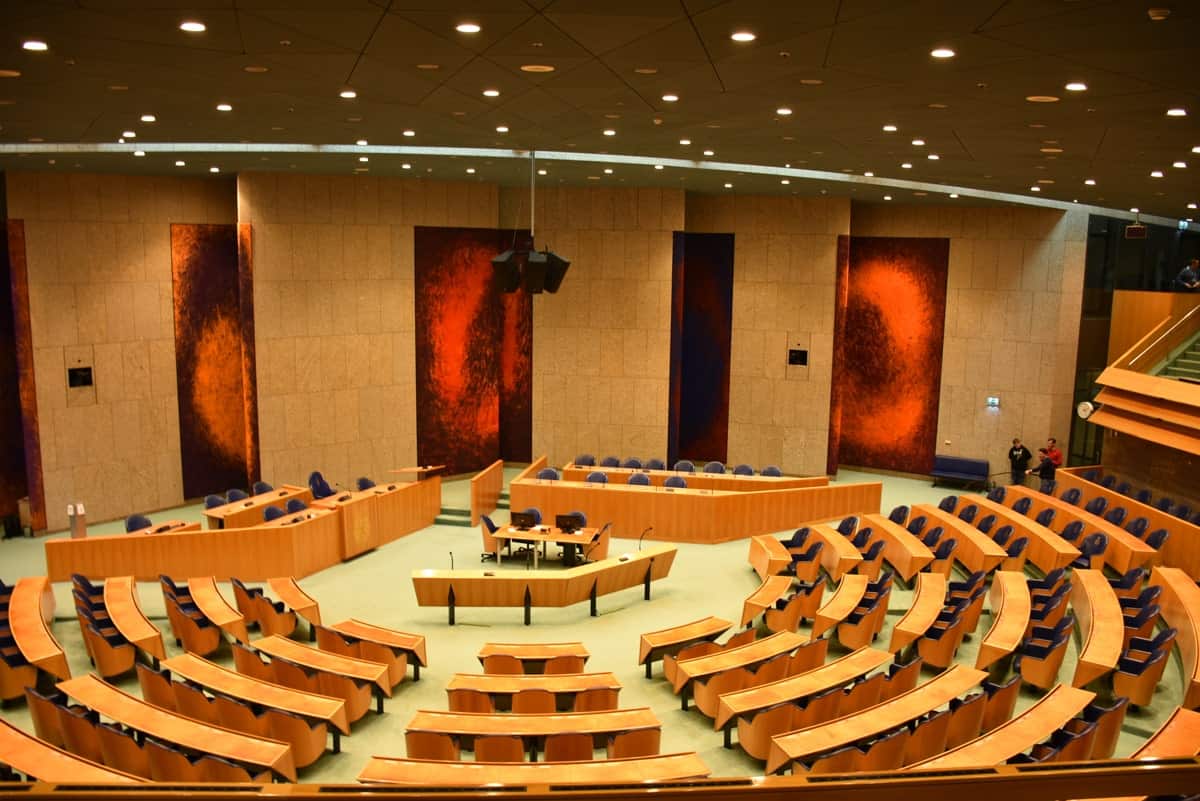Article De Nationale Franchisegids: “Does the Franchise Act offer guidance in the event of disputes arising before January 1, 2021?” – mr. M. Munnik – dated August 16, 2021
The Franchise Act entered into force on 1 January 2021. From this date the law applies. For the provisions regarding goodwill and the right of consent, a transitional arrangement of two years applies to existing franchise agreements, and the effective date of 1 January 2021 also applies to new franchise agreements. However, the effective date of the Franchise Act does not prevent judges from seeking alignment with the Franchise Act when adjudicating disputes that arose before this date.
As early as September 2020, the Court of Amsterdam referred to the Franchise Act. The court ruled that although the Franchise Act was not yet in force at that time, the general rule that was already in force could be deduced from it that a franchisor should behave as a good franchisor towards the franchisee and vice versa. Thus a further interpretation of reasonableness and fairness.
The District Court of Overijssel and the District Court of Central Netherlands also agree that, in order to answer the question of what is to be understood by know-how (in connection with the validity of the non-compete clause), reference must be made to its definition as included in the Franchise Act, which came into force on 1 January 2021, despite the fact that the Franchise Act was not yet applicable at that time.
In May 2021, the Court of Amsterdam issued another judgment in which the Franchise Act was even declared applicable in its entirety when assessing a dispute that originated in (at the latest) 2019, and thus long before the entry into force of the Act franchise. According to the court, in that case the franchisor should already have included the goodwill obligation contained in the Franchise Act when negotiating a new franchise agreement.
The court considers that the mandatory goodwill provision in a franchise agreement only applies from 1 January 2023, but that this only concerns the obligation to adjust existing franchise contracts. The transitional arrangement therefore does not apply to the situation in which new, ie not yet concluded, franchise agreements are being negotiated. Although this in itself is not surprising and in line with the Franchise Act, it is nevertheless striking that it concerned negotiations that took place at the end of 2018 and the beginning of 2019, in which the court sought to link up with the Act when coloring this discussion about goodwill. franchise.
Although the courts initially sought to link up with the Franchise Act as an elaboration of the prevailing views in jurisprudence, the Amsterdam District Court seems to have gone a step further in this latest judgment by applying the Franchise Act directly. The courts therefore seem to be seeking alignment with the Franchise Act in disputes that arose before 1 January 2021.
Ludwig & Van Dam lawyers, franchise legal advice.
Do you want to respond? Then email to munnik@ludwigvandam.nl

Other messages
The franchise statistics: save the date!
For many years, Ludwig & Van Dam franchise lawyers ...
Tax aspects of franchising – for franchisors and franchisees
In practice, we see that attention to taxation within franchise ...
No accountability, no fee?
A ruling from the Midden-Nederland court of October 18, 2023 ...
Accountability for franchise, marketing and IT fees
A ruling from the Midden-Nederland court of October 18, 2023 ...
ROZ model contracts (rental) adjusted: what are the consequences for Franchise relationships?
On April 10, 2024, the Real Estate Council (ROZ) announced ...
Abuse of power in the French supermarket sector
After Belgium, France has now also had enough when it ...







